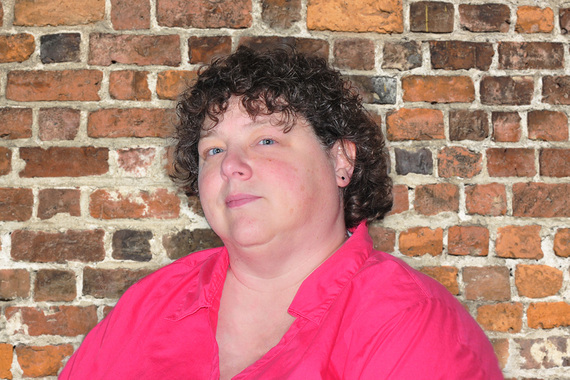In early 2013, I started experiencing weird sensations: pins and needles in my hands and feet, stabbing pain throughout my body, numbness and trouble walking. I brushed it off as getting older until it started affecting my ability to do my job. So began several years of trying to figure it all out.
I started getting sick in January 2013 but didn't get an actual, official diagnosis of autonomic small fiber neuropathy and fibromyalgia until June 2015. I only had to fight and argue and juggle for two and a half years. I am lucky. Most people have to wonder far longer.
Based on my experience, I'm sharing the following five tips for anyone experiencing a chronic illness:
1)ASK QUESTIONS AND KEEP LISTS.
How did I manage to speed up the process of diagnosis? When I was 22, I was diagnosed with non-Hodgkin lymphoma. It was a yearlong battle--not just with the cancer but also with an insurance company that didn't want to pay the bills and a hospital that was sadly understaffed.
By necessity, I learned to ask questions. What is that medication? What does this test do? How do you plan on treating me? Why is this claim denied? Who is involved in the decisions? I also learned to keep lists of medications prescribed, lists of who I saw and when, lists of tests, claims, and phone calls.
I learned that if I wanted to get the best treatment possible, I needed to be informed. I needed to be responsible for the decisions. These skills stayed with me. I didn't always remember they were there, but they never left.
2)FIND A DOCTOR WHO WILL LISTEN.
In 2013, I bounced around from doctor to doctor trying to figure it out. All the tests came back negative or within normal range. I saw about eight different doctors in the beginning. I was frustrated. Then I got mad. Then I was in control.
My best advice when trying to get a diagnosis is to learn about your symptoms and what they could mean. Ask what tests are involved to make a diagnosis around your symptoms. Don't be afraid to ask questions.
A doctor schedules you for 15 minutes then is on to the next patient unless you come prepared. Bring a list of symptoms and when they started. Bring a list of questions. Make sure you get your answers.
Sometimes you have to make them listen. If your doctor won't, find one who will. It took me five neurologists before I found the one who listened.
You are your own best advocate. No one else has the same interest in your health as you do.
3)SEEK WORKPLACE ACCOMMODATIONS.
Dealing with the doctors and the tests meant time off from work. I tried scheduling after work, but that wasn't always possible. At the same time, I really didn't want the world to know what was going on.

